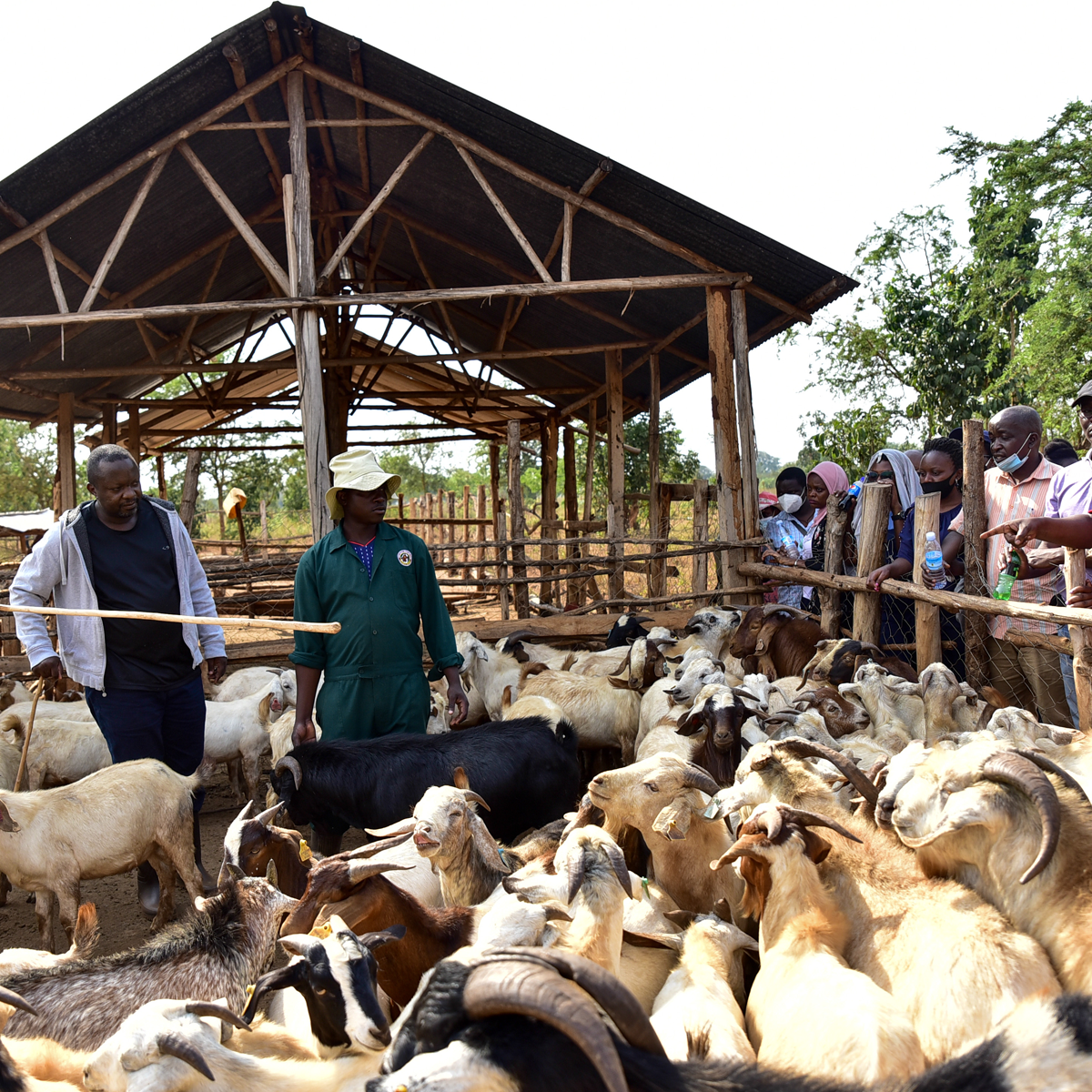Our financial resilience will enable us to continue to create value not only for the organisation but for our members, communities, our broader stakeholder base and future members. Through prudent investment decisions, we are committed to growing our members’ savings and offering a competitive return and stimulating the economic growth in Uganda. The focus is on the long-term sustainability of the Fund. The Fund has adopted a robust investment strategy to ensure long-term performance and good returns for retirement benefits.
Strong financial performance enables us to deliver on all our strategic priorities and sustainability drivers.
The Fund continues to make a vast contribution and impact on Uganda’s economic frontier. Through our investments, we, directly and indirectly, create immense opportunities for Ugandans. The Fund is the largest investor in Uganda’s bond and equity markets and has a large footprint in the real estate market. The Fund contributes 14% of all deposits in the commercial bank critical for credit financing and 40% of government debt through its investment in stocks and Bonds issued by the Central Bank.
These investments, and the returns they generate, additionally contribute to Uganda’s fiscal revenue by way of various taxes paid, interest paid to members, salaries of our employees, and payment to suppliers of goods and services provided to the Fund.




